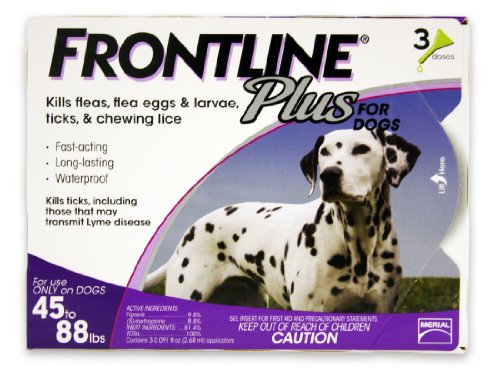
If you have had to find suggestions to stop your dog from biting, you will know how huge of an issue it is. When a dog is a pup it can certainly be a rather annoying problem.
If this behavior is left without giving the puppy discipline, it can produce a serious biting problem.
Especially if your dog is a large breed.This can certainly be disastrous when the pet dog is around family, neighbors and most of all young children. No matter what the age of you furry friend, it is achievable to teach them not to bite.
Biting is something dogs do when they interact socially with other dogs, it is a natural thing for them to do. They really don't realize that people are not other dogs, so they often bite us; as they would another dog in their pack. The most effective way to stop dog biting is to stio it when the dog is still a puppy. Young puppies that are under 6 months old are the least difficult to train, this is on account of the fact that this is the age in which they learn the most. The majority of individuals assume wrongly that when their dog bites them, they are simply just playing. This is not the case, and in in reality the puppy dog is laying claim to their place in the pack. Biting is a way to show dominance.
You have to let your dog know that you are the alpha in the pack; rather early on. You need to do this why there are still in the learning stage of their life. That which you do when a pup is six months to a year old will set him up for the rest of his life. There are various different methods you can use to educate your dog to stop biting. You can actually begin bite training when your puppy is still with his siblings and mother. Giving a whimper when a dog bites you lets him know that it hurts and you don't wish to be bitten. Another method is to give it a very little nip on the neck to indicate you are dominant. An additional thing you could do is give your pup a specified chewing toy to gnaw on rather then you and your family. Each time the puppy goes to bite, give him his toy. He will get that he is to bite the toy and not you. Everyone in the family should be accustomed with the training. If all this hasn't worked you might want to enroll your dog in to obedience class, or hire a professional trainer.
If not biting had not been part of a puppy's training, when he's a year old he will begin to bite while in play. Lots of different factors might be at play when your puppy reaches this stage, and is still biting.One of the reasons could be that the games you are playing such as wrestling or tug-of-war are dominance style games, and must be stopped straight away. You need to show your pet dog that there are limits in your home. Crate training is an outstanding way to train a dog. Not only does it help with aggressive behavior, but it can easily also help with house-training, and it can help to relax canines with anxiety difficulties. No matter which technique you choose to use to train your dog, you need to be consistent with it.
If the canine has not been educated effectively when he was young, when they are adults you can have an authentic problem on your hands. Dogs like this can be a ticking time bomb, and can easily turn on you, a member of your family or a neighbor. If your dog does have a biting problem he evidently thinks that he is the boss. You are going to probably have to take you dog to obedience classes, or at the very least seek the assistance of an experienced expert, because it is challenging to train when a dog reaches this stage.
The biting behavior can be incredibly unpredictable, and you canine could try and show dominance by attacking anyone around it at any time. It is vital that you start educating your doggie to not bite when your pet dog is rather young. Dogs that bite when they reach the adult years, usually have a dominance or territory problem.
 Caring For Your Golden Doodle
Owning a puppy or a dog can
Caring For Your Golden Doodle
Owning a puppy or a dog can
 Five Ways to Stop Dog Barking When You Leave Your Pet Alone
Many dog owners are surprise
Five Ways to Stop Dog Barking When You Leave Your Pet Alone
Many dog owners are surprise
 How to Relieve Your Pets Itching and Scratching
Unhealthy SkinA number of sk
How to Relieve Your Pets Itching and Scratching
Unhealthy SkinA number of sk
 Canine Nutrition and Wellness Part 2: Feeding Your Dogs Homemade and Unprocessed Meals
Looking back before commerci
Canine Nutrition and Wellness Part 2: Feeding Your Dogs Homemade and Unprocessed Meals
Looking back before commerci
 Dog Treats: Which Dog Treats Are Safe and Which Arent?
Dog Treats: Do You Know What’s Safe and What Isn&rsqu
Dog Treats: Which Dog Treats Are Safe and Which Arent?
Dog Treats: Do You Know What’s Safe and What Isn&rsqu
Copyright © 2005-2016 Pet Information All Rights Reserved
Contact us: www162date@outlook.com